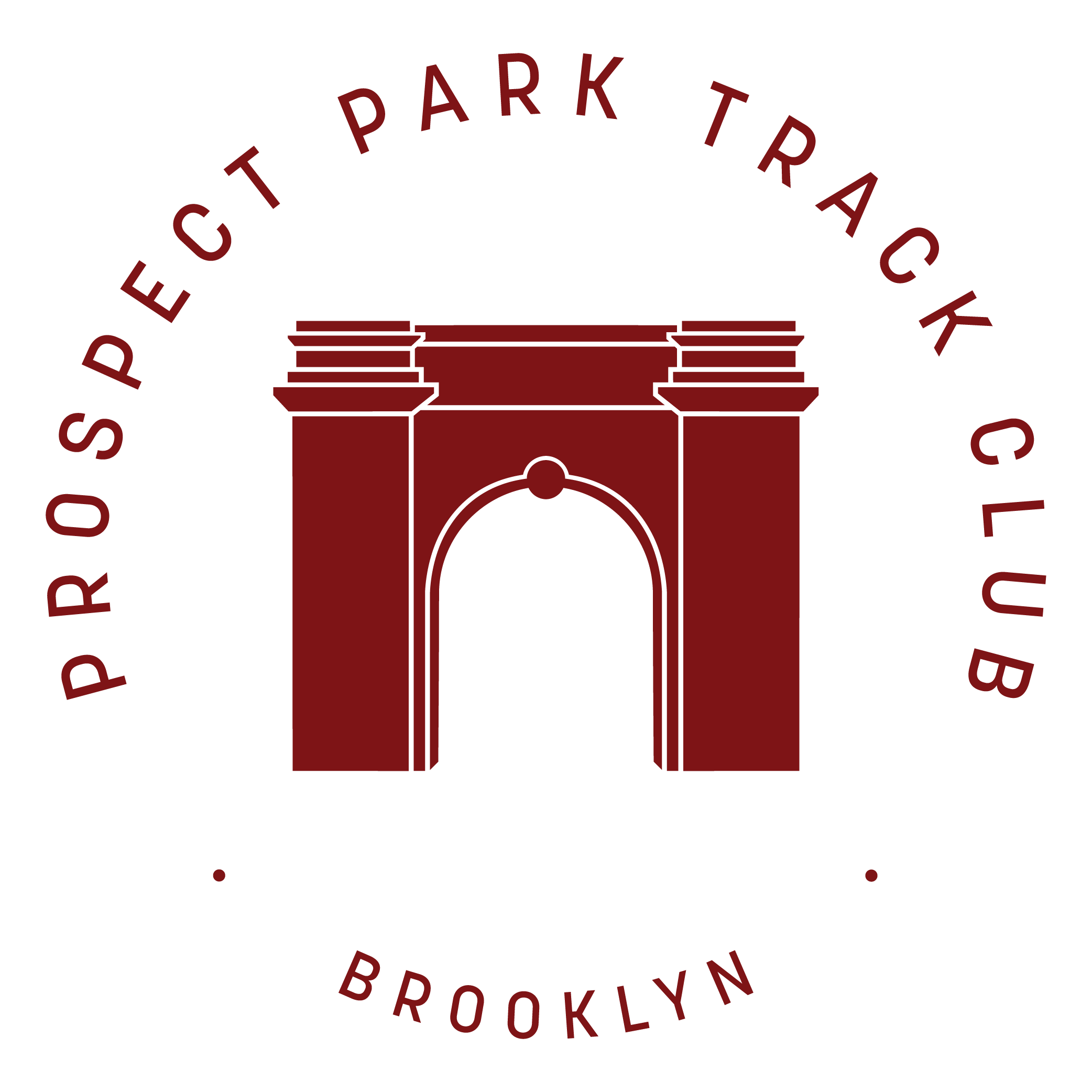Run For Your (Mental) Health
The PPTC community is, by and large, a pretty upbeat bunch of people. We’ve always reveled in the camaraderie of group runs, monthly meetings with shared pizza and stories, cheer squads, training groups for specific races and goals, and an overall philanthropic mission, anchored by an “everyone is welcome, all ages, all paces, all people” attitude.
We glow whenever other clubs describe us as inspirational. We trade challenge and injury stories, recovery routines and tips, and we zealously look out for each other. We feed people; we deliver things you need to your door; we’ll match you with runners at your pace and/or in your neighborhood or time slot (no, it’s not PPTC Tinder – but we’ve thought about that!).
We nod and smile at people we’ve never met if they run by us wearing red & white; we cry at weddings, engagements, births, birthdays, graduations and funerals. Together, we stare up in awe at fireworks at the end of a run, and we support each other like our lives depend on it.
During this pandemic, it seems our lives depend on it more than ever before. Runner’s World did a study of 14 thousand runners in 12 countries during the pandemic, and nearly 80% of them said they run to feel more sane and in control. The same study says runners–even those new to the sport–are heading out more frequently, and most intend to keep up the habit beyond COVID.
In early August, some really sobering statistics about the state of our nation’s mental health was released by the CDC. The report shows that in late June, our country experienced “considerably elevated adverse mental health conditions associated with COVID-19. Younger adults, racial/ethnic minorities, essential workers, and unpaid adult caregivers reported having experienced disproportionately worse mental health outcomes, increased substance use, and elevated suicidal ideation.
““The stress we have been experiencing since the start of COVID-19 is called cumulative stress. It’s a day-in, day-out stress that doesn’t go away. It’s different from other types of stress, yet it’s also very serious, especially if not mitigated. It can lead to poor work performance, dysfunctional relationships, drug/alcohol abuse, serious depression and suicide. The signs and symptoms often manifest physically, psychologically, emotionally, and behaviorally.””
During June of this year, a staggering 40% of US adults reported struggling with mental health or substance abuse issues – and that was before the Federal unemployment subsidy ran out on July 31. Widespread fear and uncertainty about the future, curtailed freedom, isolation and confinement in close quarters, an enormous collective sense of loss, and for some, mourning the loss of loved ones are just a few of the major stressors we’re facing as a result of COVID-19. And that’s just the tip of the stress iceberg. Our entire nation is experiencing trauma, and we’ll be suffering from PTSD together for a long time.
Stress management is an essential & critical factor in our on-going well being, and a topic our President Tom Meany knows quite a bit about. He’s a certified trauma specialist, licensed in two states as a Mental Health Counselor, and practices daily meditation, deep breathing, and yoga. Tom urges us all to become aware of the stress we’re experiencing, and to seek help.
Tom knows well that running affects the brain similarly to meditation. To run safely, we need to be aware of our surroundings so we become more mindful as we run, and tune in to our breathing and environment more acutely.
So many of us are already running for mental health reasons in addition to the physical benefits. Even in “normal” times, the mental health benefits of running are legion, with most people surveyed over time reporting better moods, increased ability to focus, reduced anxiety, a sense of empowerment and accomplishment, and an increased ability to think objectively. Running produces endocannabinoids in our brains which behaves a little like natural THC, boosting our moods.
Some of us have been meeting up with a running buddy or two since the lockdown went into effect in March. I’m lucky to be in an informal group that’s led by Janice Fuld. Recognizing the deep need to stay connected - and in shape - Janice suggested we meet 2-3 times a week for masked, socially-distant runs. Sometimes it’s just two or three of us; when it’s more, we split into pairs. Janice says it provides not just a sense of normalcy, but much-needed social interaction. Cindy Broholm says she simply feels better on days she runs, and the sense of well-being lasts all day long.
We’ve been our own support system: talking through how we feel and helping each other deal with the impact of the pandemic on our personal and professional lives. We’ve also started an informal weekly yoga session in Prospect Park, and we celebrate birthdays with Zoom parties and singing. In some ways, we’re even closer than we were before, and our web of support feels unbreakable.
How has running during the pandemic affected your mental health? Let us know at blog@pptc.org, and look for next week’s post of insights from running buddies Pam Ritchie and Kelly Greene.
If you’re suffering with anxiety or depression, we urge you to seek help. Here are some resources in case you need them:
New York State Office of Mental Health
SAMHSA (Substance Abuse and Mental Health Services Association): 1-800-662-HELP (4357)
National Alliance on Mental Illness (NAMI)
————
Written by: Donna Newton
Edited by: Rachael DePalma & Alison Kotch
Produced by: Alison Kotch
